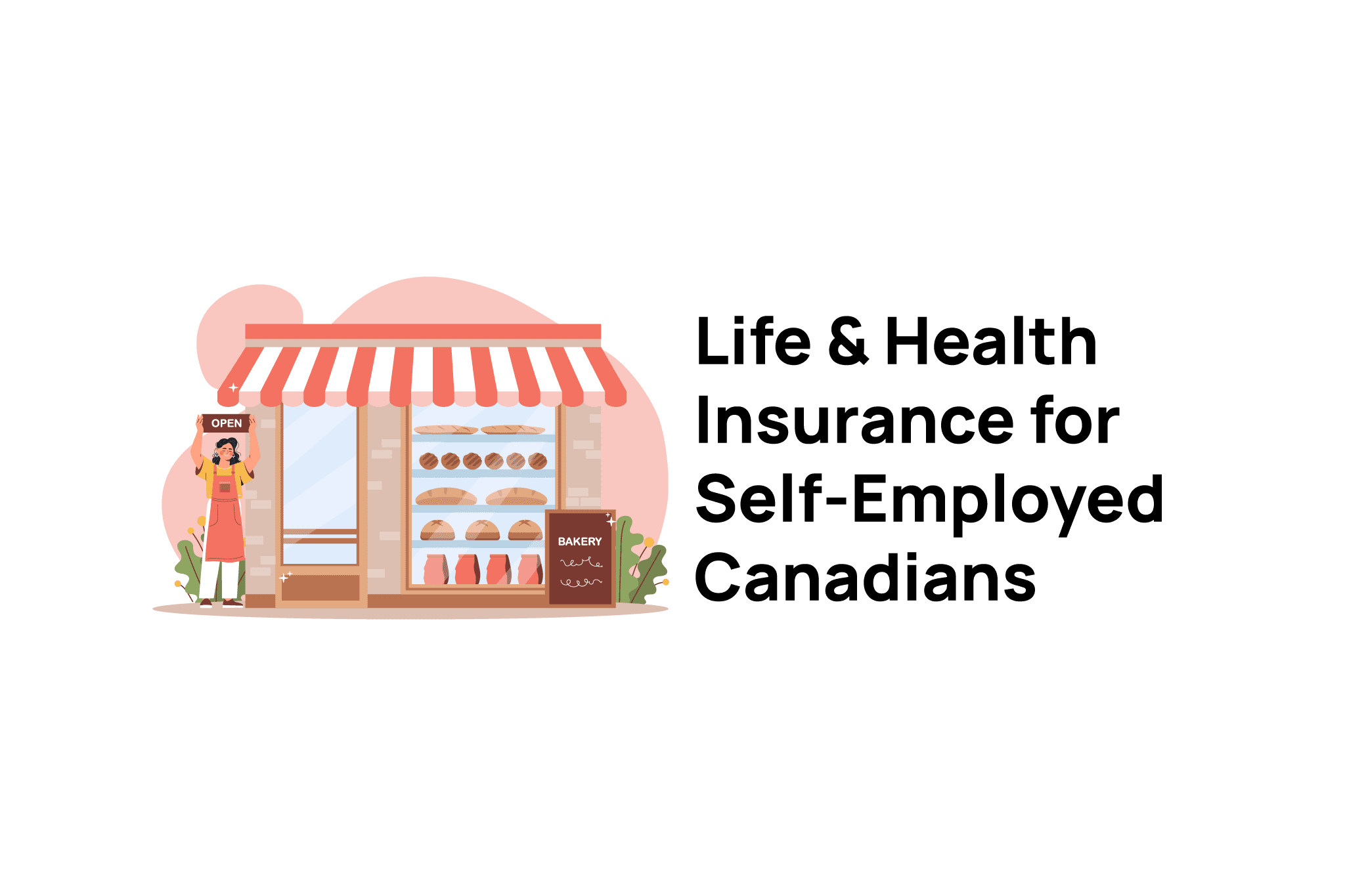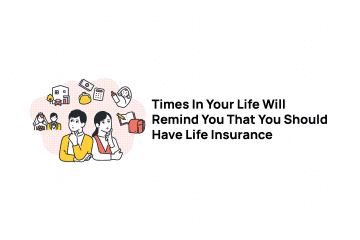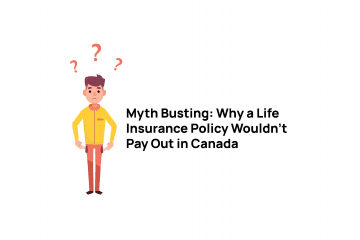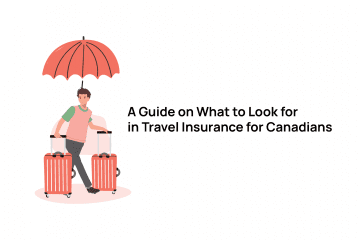There is a classic appeal to being someone who is self-employed. The idea that you are your own boss, you are passionate about what you do and control your own schedule are all key principles to why people choose to become self-employed in the first place. The number varies a bit every year but typically there are around 2.7 Million Canadians who are self-employed. On top of the advantages mentioned earlier, one of the most attractive parts of becoming self-employed is that you control your income potential. While this is obviously attractive to many people, you need to consider that if you are self employed there are risks involved as well. Things that you may have been used to don’t happen when you become self-employed. You need to understand how your cash flow will work and how you will pay your income taxes without the benefit of an employment salary with source deductions. You also need to realize that some of the benefits that you had in the past may not be available to you. Life and Health insurance packages that are common parts of employment with larger companies are not readily available to self employed individuals so you will need to plan a way to replace this. Let’s take a look at what you may want to consider with regards to life, disability and critical illness insurance if you become self-employed.

In This Article:
Life Insurance for Someone Who is Self-Employed
This goes back to the idea that when you are self-employed you are typically fully responsible for your own financial security. This also includes the needs of any dependents or potentially any employees that you have as well. As we mentioned previously, self-employed people often don’t have traditional workplace benefits that include life insurance. This means that they will need to seek out their own coverage. There can be significant impacts to your business as well as your family if you pass away as a self-employed individual. Remember, being self-employed doesn’t mean you’re a solo show. You can have employees or subcontractors that rely on you as a source of income as well. If the owner of the business passes away there may be financial pressures that make keeping things running difficult, jeopardizing the income of everyone associated with your business. Looking for a policy that works for you is essential. Does your cash flow fluctuate through the year? Do you need to maximize the amount of capital you have to reinvest in your business? Do you have a buy-sell agreement that you need to fund? All of these are reasons to get life insurance. Now you need to consider which product fits best for you.
- Term Life – Provides you coverage for a set term of time at a fixed premium. If it is renewable the coverage can continue, but it will be at an increased premium. This is usually the least expensive option and works well if you have a need that you are looking to cover for a predetermined amount of time.
- Permanent Whole Life Insurance – Provides coverage for the whole life of the insured at a level premium amount. These policies can involve a savings component known as the cash value of the policy. This cash value may be accessible to the policy owner in the event that they need it.
- Universal Life Insurance – Provides level coverage for a levle premium until you reach age 100. There is no forced savings component, but you are able to pay extra premium into the policy if you choose to. This can then be withdrawn at a later date if you need the money.
What style of insurance you choose depends on what the need that you are covering off is and what you are prepared to pay in premiums. Work with an advisor to make sure that you land in the product type that suits your needs today and into the future.
Get a free quote
Disability and Critical Illness Insurance
Many times throughout my career in financial services I have had the chance to speak to self-employed individuals. Many of them are tradespeople, and when we chat we always work our way around to the area of income taxes. Self-employed people enjoy many expenses that are tax deductible and when discussing the idea of taxes with someone who works in the trades they are often happy with the fact that they have been able to write their income down to very low levels because of the write-offs that they have. I understand the desire to pay the least amount of income tax possible but when you take your income to very low levels you create different issues for yourself. A couple of examples are that you don’t create much RRSP contribution room for yourself each year, you may also have a harder time qualifying for credit products like mortgages. A final issue is that you have just created a situation where your ability to get disability insurance is compromised. The amount of income you have decides how much long term disability coverage you are eligible for. Remember, the amount of tax you pay isn’t the be-all-end-all. You need to plan for your life to make sure that you don’t create multiple issues in other areas solving a problem in a single area.
Long Term Disability Insurance is often one of the forgotten parts of a financial security plan. All too often people operate with the mindset that a disability is something that happens to other people, not them. People operate with the mindset that if something went wrong for me, I would figure it out and go to work. Unfortunately, this isn’t reality and it could happen to anyone, including you. A long term disability can be devastating for you and your family for two reasons. The first is that the income that you had been making from work has been lost. The second is that there are often increased expenses associated with recovering from a disability that you now must find a way to deal with. The reality is that having a disability insurance policy that replaces two-thirds of your gross income with a tax-free monthly benefit can be a lifestyle saving decision. The hard part is this. From my opening comment in this section you should remember, if you choose to become self-employed you often see a change in your taxable income. There will likely be more write offs that are available now and as you work to grow your business you may see a lower income for a few years to begin with. If you have a couple of years worth of income history and you feel like it is reflective of what your actual income should be you should head directly to an insurance advisor and make sure that your income is protected in the event that you can’t go to work due to an injury or illness. Unfortunately until your income approached what you expect to be a reasonably steady level that you’re happy with you may need to supplement your insurance coverage outside of LTD.
There is a solution for the gap between the amount of disability insurance you actually need and what you are able to qualify early on in your self-employment journey. This solution is to consider establishing a critical illness insurance policy for yourself. These policies will pay out a lum=p sum benefit if you suffer one of the covered medical events (base policies cover suffering from and surviving a heart attack, stroke or life threatening cancer). While it isn’t income replacement, the lump sum amount requires a needs analysis to support it, not proof of your income prior to the application. This means that you can estimate what your expenses over a two year period would be, add in what you estimate you would lose in income during that time and then get a policy that would pay a lump sum large enough to support those needs while you recover. It won’t cover you if you suffer a physical injury, but some protection in case you suffer a severe medical condition can allow you to focus on recovery knowing your business will be there rather than being forced back to work before you have recovered because you need to resume earning income.

Conclusion
Obviously, the need for life, long term disability and critical illness insurance doesn’t go away if you become self employed. The effect that an unexpected death, injury or illness would have often becomes magnified in this type of situation. The process of obtaining insurance coverage may become a bit more arduous (proving income for disability insurance for example) but that shouldn’t prevent you from seeking it out. Working with an advisor who can provide you with advice on what type of coverage works best for you and help you navigate the application process will help make sure that you arrive at the best solution for your unique circumstance. James Duncan is a Life Insurance Advisor at Life Insurance Canada.com. He can be reached at 877-344-4011.




